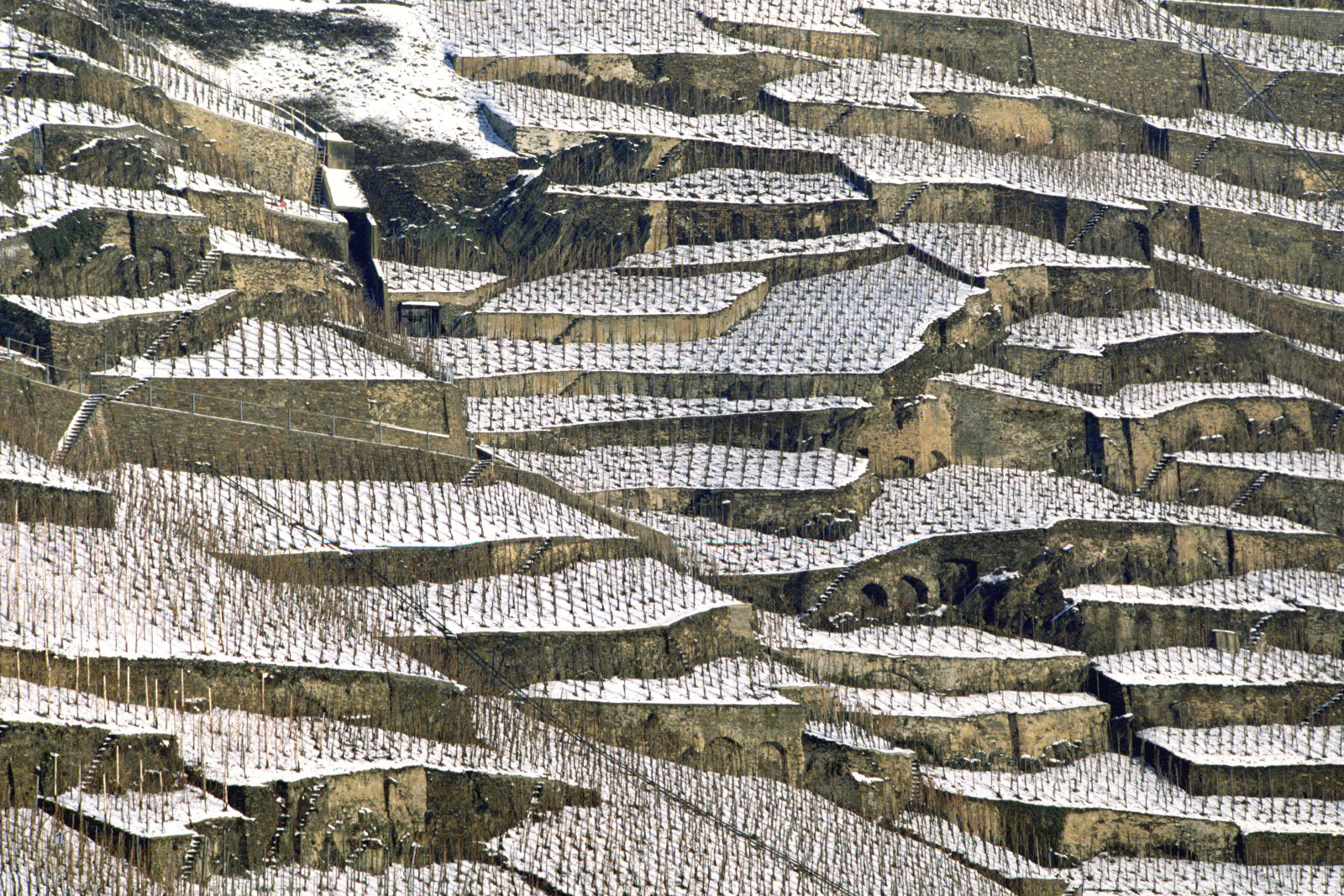Weinfreaks.de uses cookies. Cookies are text files that we temporarily store on your computer. Our cookies are technically necessary to provide you with the functions and content of our website. In principle, we do not share them with third parties. We only reserve the right to evaluate your cookies for the purpose of danger prevention. According to the law applicable in the European Union, we do not require your explicit consent for this. For reasons of transparency, we would nevertheless like to inform you about the use of cookies. For further information, please refer to our Privacy Policy.
Service provider of weinfreaks.de according to Digitale-Dienste-Gesetz of the Federal Republic of Germany:
Werner Elflein, Schillerstraße 78, 41464 Neuss, Germany. E‑mail: info@weinfreaks.de.
 Photo: Deutsches Weininstitut
Photo: Deutsches Weininstitut Photo: Deutsches Weininstitut
Photo: Deutsches Weininstitut Photo: Deutsches Weininstitut
Photo: Deutsches Weininstitut